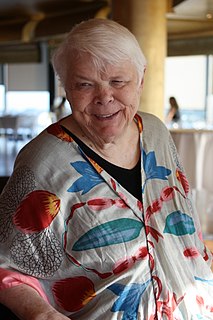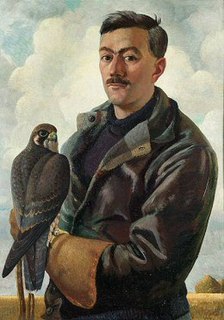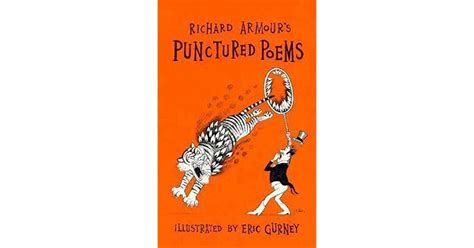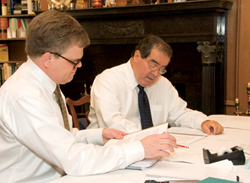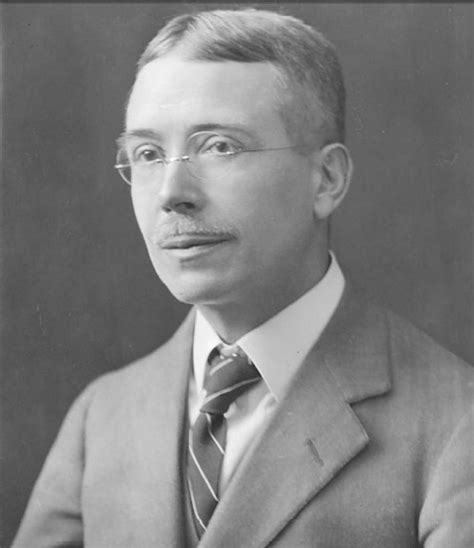A Quote by Jean Little
While he has not, in my hearing, spoken the English language, he makes it perfectly plain that he understands it. And he uses his ears, tail, eyebrows, various rumbles and grunts, the slant of his great cold nose or a succession of heartrending sighs to get his meaning across.
Related Quotes
When, on the still cold nights, he pointed his nose at a star and howled long and wolf-like, it was his ancestors, dead and dust, pointing nose at star and howling down through the centuries and through him. And his cadences were their cadences, the cadences which voiced their woe and what to them was the meaning of the stillness, and the cold, and dark.
Socrates was the chief saint of the Stoics throughout their history ; his attitude at the time of his trial, his refusal to escape, his calmness in the face of death , and his contention that the perpetrator of injustice injures himself more than his victim, all fitted in perfectly with Stoic teaching. So did his indifference to heat and cold, his plainness in matters of food and dress, and his complete independence of all bodily comforts.
I cross my arms. "It was a two minute conversation." "I don't think a smaller time frame makes it less unwise." He furrows his eyebrows and touches the corner of my bruised eye with his fingertips. My head jerks back, but he doesn't take his hand away. Instead he sighs. "You know, if you could just learn to attack first, you might do better." "Attack first?" I say. "How will that help?" "You're fast. If you can get a few good hits in before they know what's going on, you could win." He shrugs, and his hand falls.
A word about 'plain English.' The phrase certainly shouldn't connote drab and dreary language. Actually, plain English is typically quite interesting to read. It's robust and direct-the opposite of gaudy, pretentious language. You achieve plain English when you use the simplest, most straightforward way of expressing an idea. You can still choose interesting words. But you'll avoid fancy ones that have everyday replacements meaning precisely the same thing.
As the base rhetorician uses language to increase his own power, to produce converts to his own cause, and to create loyal followers of his own person - so the noble rhetorician uses language to wean men away from their inclination to depend on authority, to encourage them to think and speak clearly, and to teach them to be their own masters.
The blackness he woke to on those nights was sightless and impenetrable. A blackness to hurt your ears with listening. Often he had to get up. No sound but the wind in the trees. He rose and stood tottering in that cold autistic dark with his arms outheld for balance while the vestibular calculations in his skull cranked out their reckonings.
The wonder of an artist's performance grows with the range of his penetration, with the instinctive sympathy that makes him, in his mortal isolation, considerate of other men's fate and a great diviner of their secret, so that his work speaks to them kindly, with a deeper assurance than they could have spoken with to themselves.
